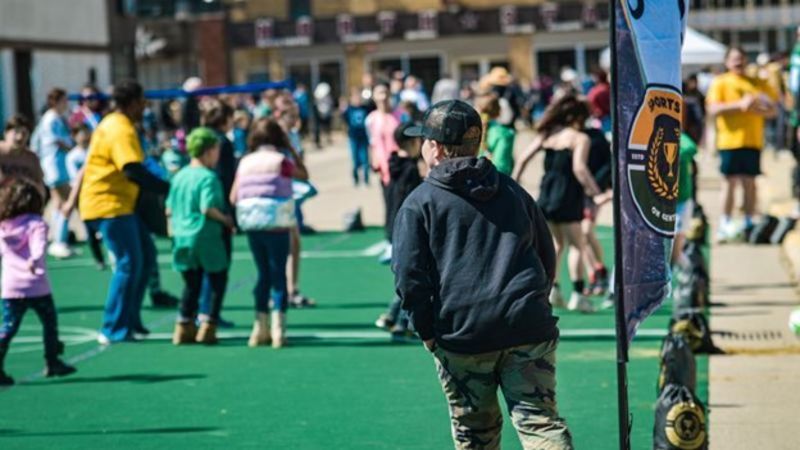AP Explains: How the Texas ‘bathroom bill’ keeps faltering
AUSTIN, Texas — A Texas version of a North Carolina-style “bathroom bill” targeting transgender people again sputtered out.
Chances of any last-minute deals extinguished when the House adjourned for good late Tuesday in a special legislative session, and although Republican Gov. Greg Abbott could order lawmakers to stay in Austin and try again, he would politically risk a third failed attempt with the rest of the country watching.
Fortune 500 companies, police and sports leagues, including the NFL and NBA, have spent the year putting considerable public pressure on Texas to abandon the effort.
But Abbott and other powerful Republicans have continued pushing to make Texas the first state to follow North Carolina and impose bathroom restrictions on transgender people in schools and public spaces. They’ve now failed twice, and in doing so, are dealing a rare loss to social conservatives who are used to getting their way in Texas.


